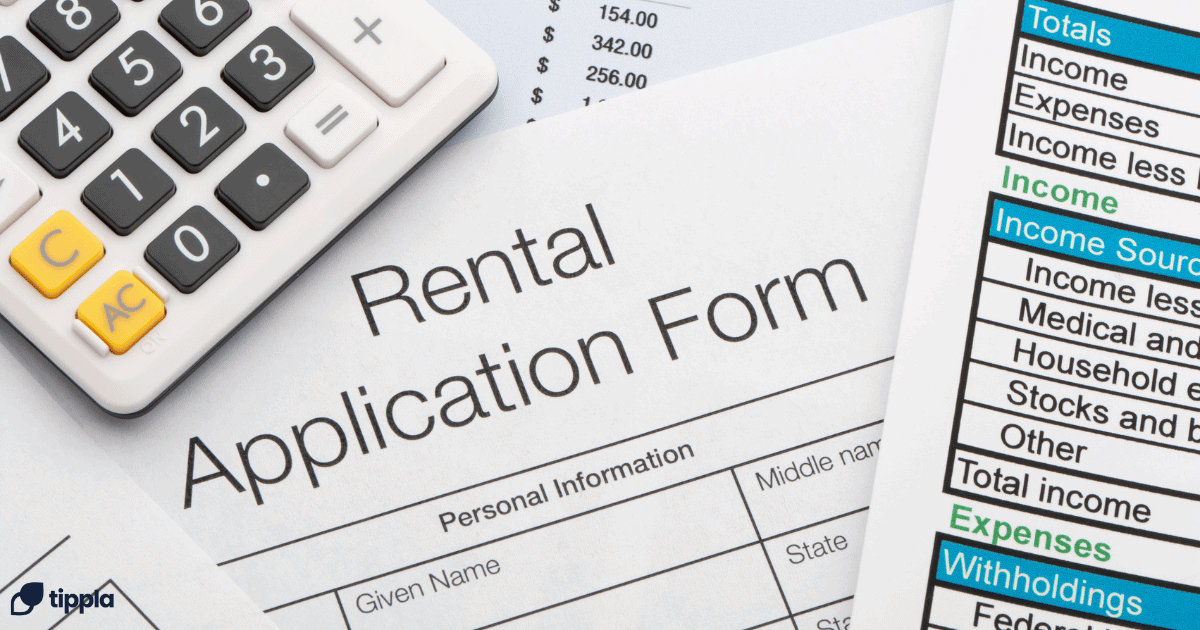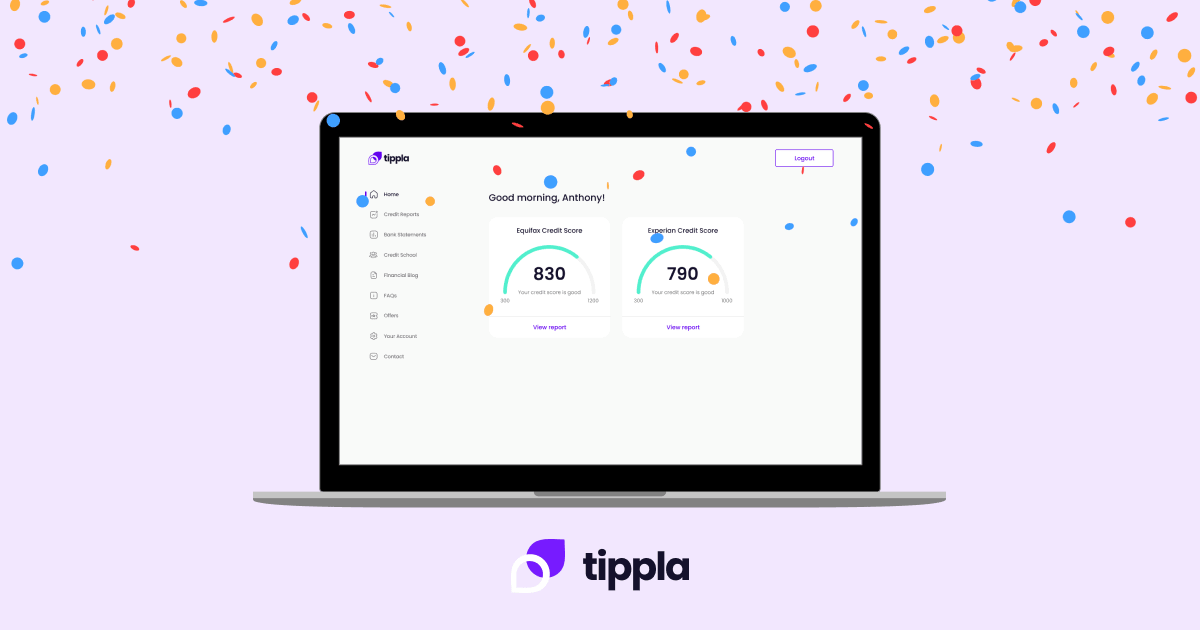Published in October 27, 2021
How do Personal Loans Work?

Do you want access to finance, but you’re not sure what your options are? You might want to consider a personal loan.
If you are wanting access to finance, there are numerous options available to you – credit cards, Buy Now Pay Later (BNPL) platforms and personal loans, among other options. Today, we’re going to cover how do personal loans work?
What is a personal loan?
A personal loan is when you borrow money, either from a bank, non-bank lender, credit union, etc, to pay for something personal. You take out a loan under the agreement that you will repay the amount you borrowed, often with interest and fees on top.
Why would you take on a personal loan?
Personal loans can be used to pay for personal expenses and purchases, such as holidays, home renovations, a car, medical expenses and more. They offer more flexibility than other loans, such as business loans and student loans, which can only be used for specific purposes.
Furthermore, you might opt for a personal loan over a credit card, if you want to borrow a larger amount of money and repay that amount over a longer period of time. According to MoneySmart, the typical repayment period is between one and seven years.
Different types of personal loans
There are different types of personal loans. Below, we’ve listed a few of the most common:
- Secured personal loans – A secured personal loan is when you have a personal loan that has been secured with collateral. This is typically a vehicle (car loan).
- Unsecured loans – Unsecured personal loans do not have an asset attached to the loan. Because the lender is taking on more of a risk, you’ll likely be charged higher interest rates and fees than a secured loan.
- Fixed-rate personal loans – A fixed-rate personal loan is when the interest rate doesn’t change for the duration of your loan.
- Variable-rate personal loans – A variable-rate personal loan is where the interest rate can change during the term of your loan. This could see your interest rate fall or increase, depending on the market.
- Overdraft loans – A personal overdraft is kind of like a line of credit, which has been linked to your transaction account. If you run out of funds in your bank account, then the overdraft will activate, allowing you to have access to additional funds.
- Debt consolidation loans – If you have multiple debts, and you want to pay them off, you can take out a debt consolidation loan. The idea is, you take out one loan, and you use it to pay off your existing debts. Then you only need to focus on repaying one debt.
Paying off personal loans
When you take on a personal loan, you will need to repay the amount that you borrowed, typically with interest and fees on top. You’re not expected to repay the amount all at once but in smaller and more manageable instalments. These are known as repayments.
Depending on your circumstances, these repayments might be weekly, fortnightly, monthly or quarterly. For loans with terms longer than 30 days, the repayments are often on a monthly basis by default.
There are a few things that can affect how much your repayments will be. These include:
- Principal loan amount (the amount you are borrowing excluding interest);
- The interest rate;
- Fees;
- Loan term;
- Repayment schedule.
All of these ingredients are used to determine your repayments. Whilst the exact formula banks and lenders use to calculate your repayments isn’t publicly available, and each calculation will be unique to your personal situation and loan conditions, repayment calculators can help you get a general idea of what your repayments might look like.
How do personal loans work?
Applying for a personal loan is quite simple. Nowadays, you don’t need to go into your bank to apply for a bank – you can do everything online. However, the tricky part isn’t applying for a loan, but finding the right loan for you.
Before you apply for a personal loan, there are a few steps you should take. This includes checking your eligibility and comparing the options on the market.
Check your eligibility for a personal loan
Gone are the days when only banks offer personal loans. Today, you can get personal loans from banks, non-bank lenders, credit unions and more. Whilst each of these companies might have specific criteria you will need to meet in order to be approved for a loan, there are some general criteria that you will likely need to meet to be eligible for a personal loan.
The general criteria to be eligible for a personal loan is:
- You are over 18 years of age;
- Be an Australian or New Zealand citizen, Australian permanent resident, or have an eligible visa;
- Live in Australia;
- Be employed and receive a regular income;
- Not be going through the process of bankruptcy.
Some of the more specific criteria you will need to meet may include minimum income, credit score and more.
Compare personal loans
There are many different personal loans available on the market. Before applying for a loan, it’s a good idea to compare your options to ensure you can get the best deal on the market.
Here are some things you could consider:
- Comparison rate – the comparison rate represents the whole cost of the loan. It includes the interest rate and most fees;
- Interest rate – how much interest you’ll repay on top of the amount borrowed;
- Application fee – a fee you are charged to cover your application;
- Other fees – this can include monthly service fees, default or missed payment fees, as well as any other fees;
- Extra repayments – check your terms and conditions to see whether you can make extra repayments towards your loan without being charged;
- Loan use – some loans can only be used for certain things. That’s why it’s important you can use the loan for what you need;
- Loan term – whilst longer-term loans typically have lower repayments, you might end up paying more in interest over the course of your loan.
While we at Tippla will always do our best to provide you with the information you need to financially thrive, it’s important to note that we’re not debt counsellors, nor do we provide financial advice. Be sure to speak to your financial services professional before making any decisions.
Related articles

The Impact of Student Loans on Long-term Financial Planning
01/07/2024
Student loans, particularly through Australia’s Higher Education Loan Program...

Credit Enquiries and Rental Applications
15/07/2024
Credit Enquiries and Rental Applications in Australia: What Tenants...

Tippla got a makeover – we’re back, and we’re better than ever!
24/08/2021
Tippla has rebuilt its platform from scratch, to give...

Subscribe to our newsletter
Stay up to date with Tippla's financial blog